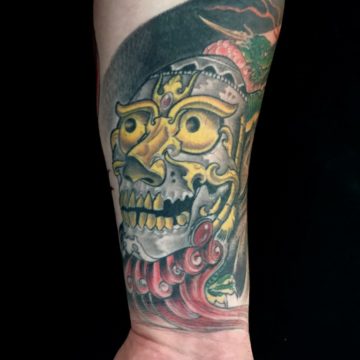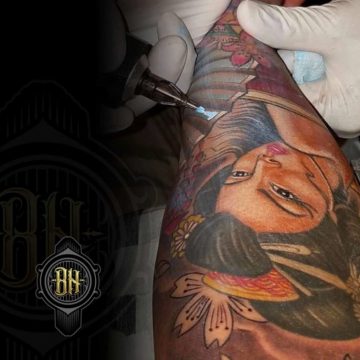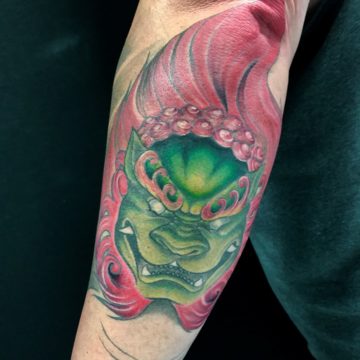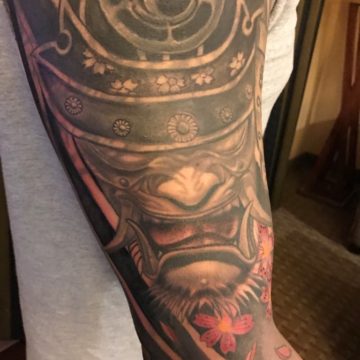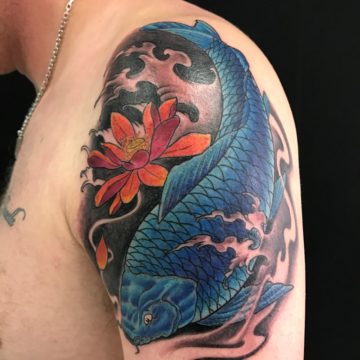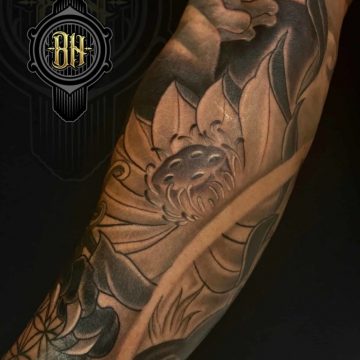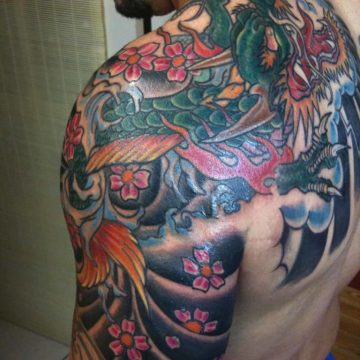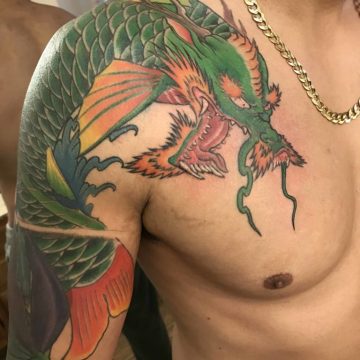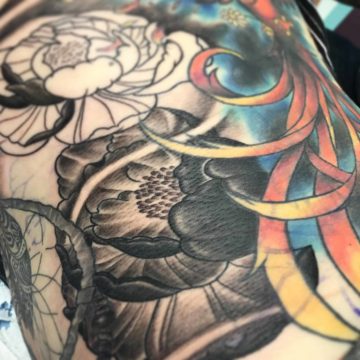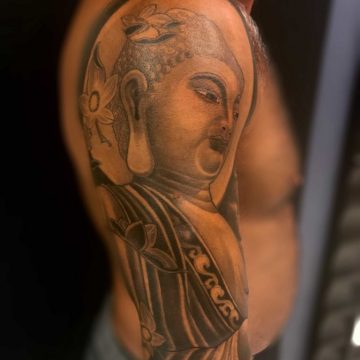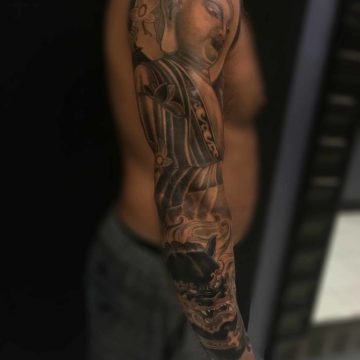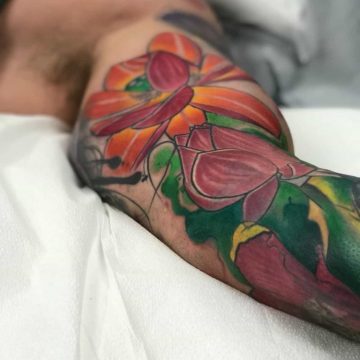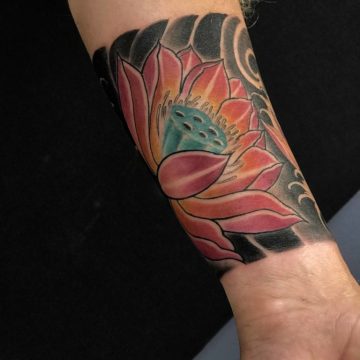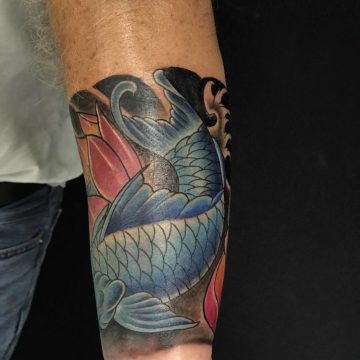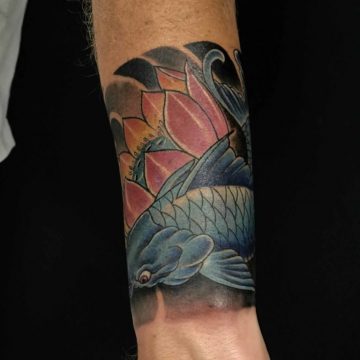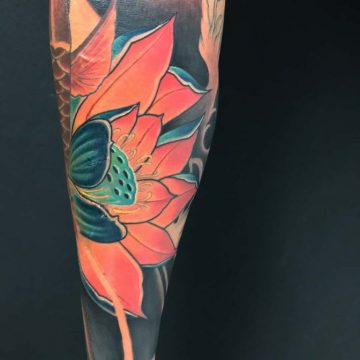Traditional Japanese Tattoos
Dating back as far as 10,000 BC, Japanese tattooing has persisted and maintained its tradition. Starting out as a display of social status and transitioning to having a negative connotation as it became commonplace to mark prisoners of war and criminals with tattoos. Japanese tattoo designs are among the most popular styles chosen, and if they interest you, understanding that each image has a specific meaning is important.
If the beautiful images, flowing style, and deep meaning of the Japanese tattoo interest you. Here are a few traditional tattoos and their significance.
Dragon – wisdom, strength, force for good
- Contrary to the West’s view of dragons as strong and destructive creatures, in Japan, they are generous creatures that aid to benefit mankind.
Koi – determination, strength, courage
- The koi, a variation of carp, although originating in China, carry strong significance to the Japanese. They represent strength and bravery in folklore for only those able to pass “Dragon’s Gate” in the Yellow River were able to turn into dragons. For this, they represent determination.
Phoenix – rebirth, fire, triumph
- Across cultures and time, the Phoenix has represented rebirth and rebuilding of one’s self. Japan is no different because Phoenix images are popular in traditional Japanese tattoos.
Tiger – strength, courage, protector
- Unique to the Japanese culture, the tiger serves as a protector from evil spirits, bad luck, and disease.
The vibrant colors and elegant flow of Japanese tattoos are incredibly attractive and artists like Amaury Ramirez of Bad Habits Tattoos Studio in Fort Lauderdale will help your vision come to life. Whether you decide on a Japanese sleeve tattoo or a large image on your back, this style should be considered and the meaning understood.


